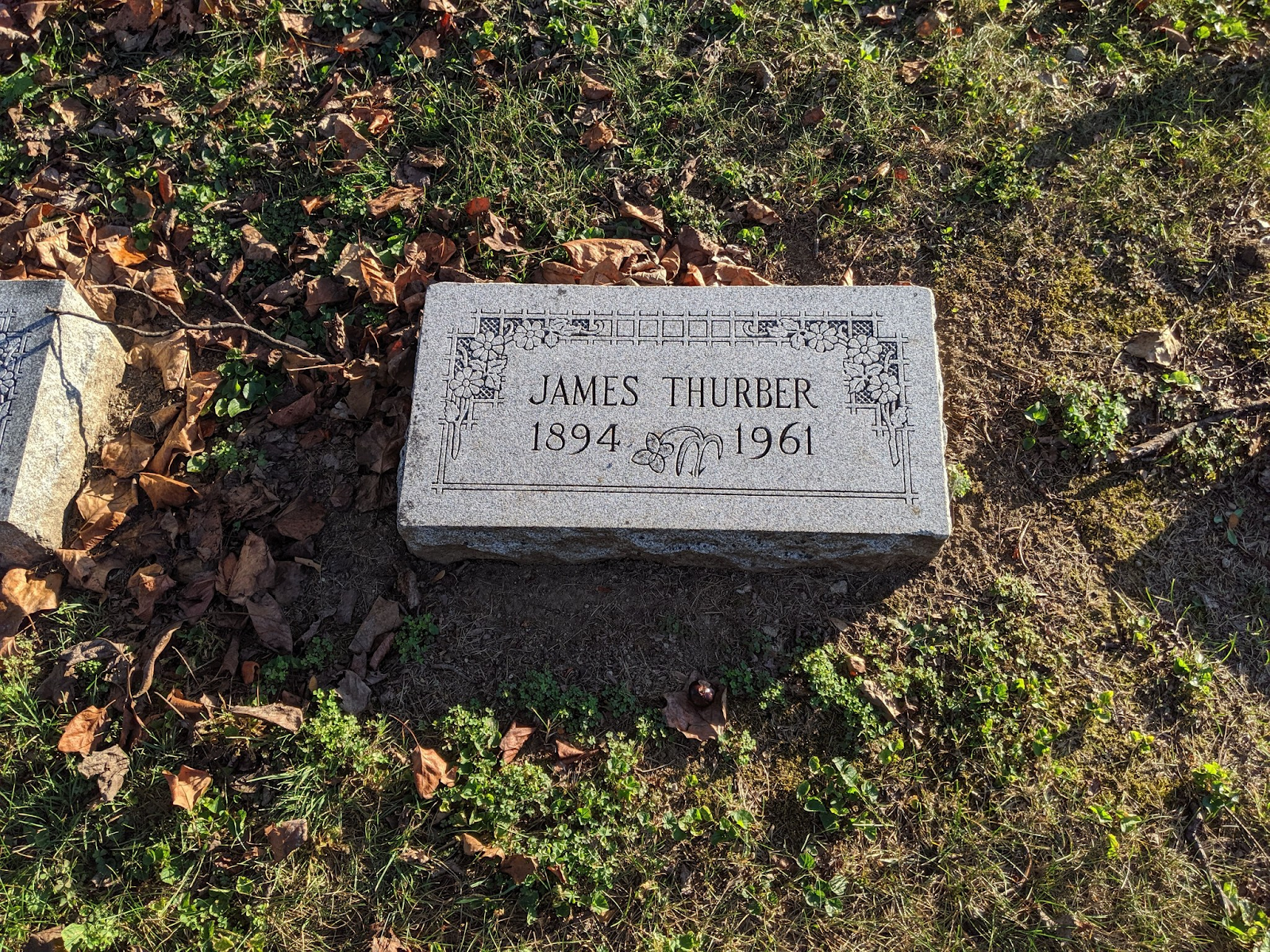I can't remember now whether the children gave my husband two pairs of lounge pants on his birthday a couple of years ago, or on Raksha Bandhan. ( Everybody gets presents on Raksha Bandhan: it is something that my kids have decreed).Provenance apart, the spouse was delighted with this addition to his wardrobe.
(Over the last decade or so, the spouse, who used to be reed thin once upon a time, has developed a paunch, and therefore wears suspenders with his trousers).
The lounge pants were smart, one black, one khaki. Elasticated at the waist, with the additional reassurance of a tie-cord. Pockets, too, at the back and front. (Unfortunately the said front pockets became the cause of much stress).
He had also acquired some comfortable soft cotton bush shirts. Casual wear was now his thing. Bush shirts and lounge pants were his favourite outfit, both for entertaining at home, and being entertained, outside.
His mobile phone is a device with which I have a strange relationship. Frankly, I am jealous of it. If he's not talking on it to friends or colleagues, or replying to WhatsApp messages on his various groups, he will either be doing Sudoku or jigsaw puzzles, and then expressing surprise when the battery runs out mid-conversation. It remains an irritant. And yet, I get stressed at the thought of it getting lost, of the painfulness and expense and inconvenience of replacing it.
A couple of months ago we had a lovely dinner at our niece's home, with both of us ensconced for much of the evening upon her brand new two-seater recliner. It was only when we got up to leave that the man realised that his phone was missing. The recliner was the likely culprit, but no luck. I called his phone, it was ringing but we couldn't hear it. Perhaps we had left it in the car. A futile search of the car made me wonder if we had actually left it at home. We got home, but no phone in either sight or hearing. The spouse was convinced that he might have dropped it while getting out of the car: I was sure that I would have heard it if it had. Much stress all around. We kept calling the phone intermittently, hoping against hope that someone would find it and answer it. Our niece's husband finally heard a faint ring or felt a vibration in the recliner, and managed to extricate the phone from its innards, and kindly dropped it off at our place later that night. (We stay very close to their place, fortunately).
A couple of weeks later we went to watch a brilliant play at the India International Centre. The spouse decided to visit the gents' room soon before the performance started, and came back, phone in hand, just before the play began.Halfway through, though, he whispered that he couldn't find his phone.. In a live performance, there's no way you can get up and look. As soon as the play was over, he looked under the seat, but couldn't find it. Oh no. Luckily it was wedged between the seat and the armrest.
This Sunday, we had lunch at my daughter's place. We had to head back home soon after, because my cousin and his family were coming over for tea. The spouse had time for a short nap before our guests were due to arrive, and I wanted to do a little preparation in the kitchen. But once again, the familiar plaint of the missing mobile phone. Perhaps he had left it at our daughter's place, but no, it was ringing but no one answered. I offered to go down and check the car, with my phone in hand, but I couldn't find it. I called up my daughter, but she said it was most definitely not in her house either. I searched the car again, thinking that I could feel a vibration, but I couldn't figure out where it was coming from. I was hot and frazzled, so went back home. I was sure that he had dropped it getting out of the car at our daughter's place, and someone must have stolen it. Would we have to lodge an FIR? The spouse decided to take a look himself, and took my phone for another round of the car. A few minutes later he comes up with both phones in his hand. It was apparently stuck between the front seat and the structure between both seats. I am quite sure that it re-materialized in the presence of its lord and master.
Henceforth, lounge pants don't go out of our lounge. Enough is enough.





